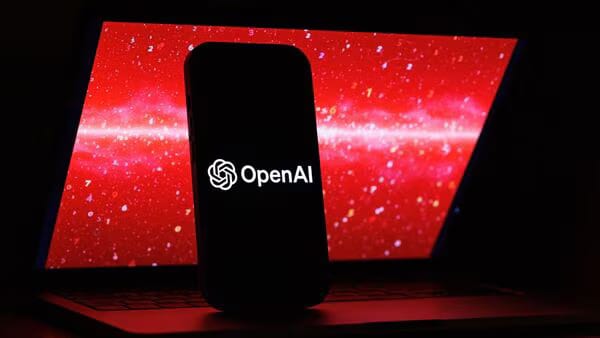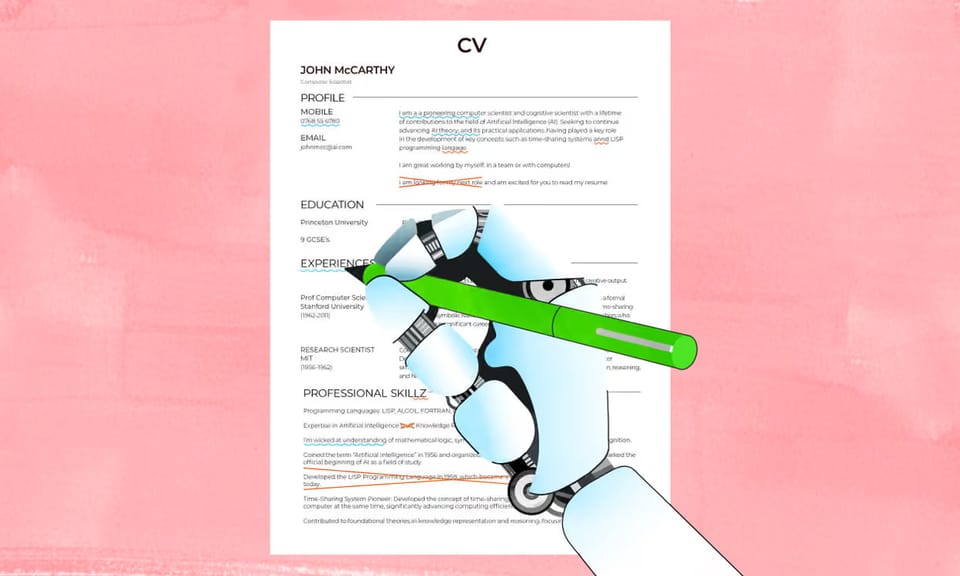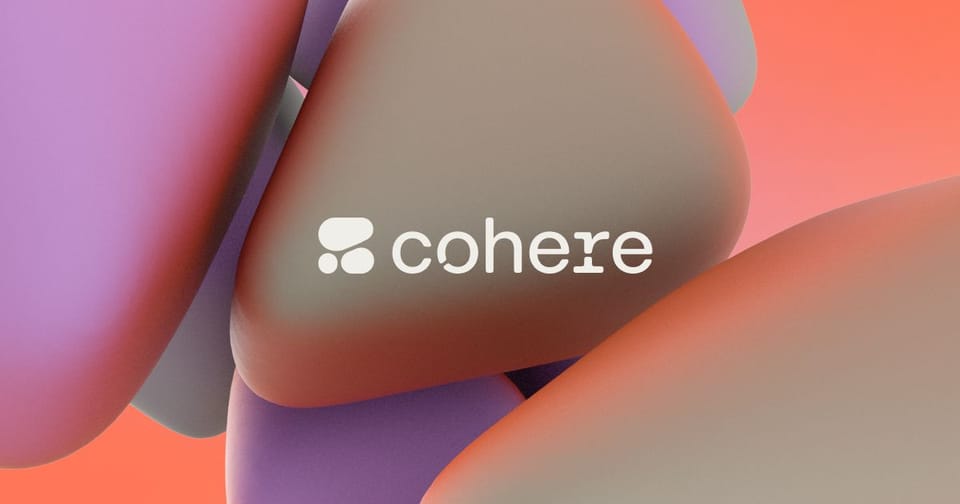So… Is OpenAI Trying to Eat Google’s Lunch?


Good morning and happy Friday; you made it.
Sun Valley is full of tech billionaires looking right at home; fleece vests, black coffee, and generational wealth. Delta just posted throwback earnings like it’s pre-pandemic, and Nvidia… well, Nvidia’s now worth more than a small continent.
Wild times.
But let’s talk about something spicier than GDP:
OpenAI is building a browser. Like, an actual web browser. One with AI baked right in. And yes, it's gunning straight for Google's golden goose: Chrome.
Now before you yawn and scroll, think about this:
Google Chrome is everywhere. Over 3 billion people use it. It’s basically the front door to the internet. And OpenAI? They’re showing up with a brand new, AI-powered battering ram.
So what’s the plan here? They’re building this thing on Chromium (same skeleton as Chrome and Edge), but the inside’s very OpenAI:
You’ll get a built-in ChatGPT-style assistant plus tools like "Operator" that autofill forms, book flights, maybe even handle your DMV stuff without breaking a sweat (a miracle, really).
Instead of hopping around tabs like a caffeine-fueled squirrel, you just ask for what you need and the AI does the legwork, it’s less “search and click” and more “ask and chill.”
But here’s the real kicker… It’s not just about convenience. It’s also about data, your browsing data. Chrome gives Google a goldmine of user behavior, which powers its multi-billion-dollar ad empire. If people start switching to OpenAI’s browser?
Let’s just say: Google might need a hug.
ChatGPT already pulls in 500 million weekly users, imagine if even a fraction of those ditch Chrome. That’s a lot of lost insight (and ad money) for Google.
So what does this all mean?
Well, it’s clear OpenAI doesn’t just want to be your friendly neighborhood chatbot anymore. They're building a full-stack AI lifestyle: apps, browsers, probably a toaster next.
If this browser catches on, it could disrupt online ads (bye-bye cookie trails), cut into Google’s dominance, and reshape how we use the internet entirely.
Big questions, though: Will it work? Will people actually switch browsers? And are we heading toward a future where "Googling things" feels like pulling out a flip phone?
Honestly, I’m curious what you think. Is this the next big shift? Or just a flashy way to spook the competition?
Hit reply, let’s nerd out.
*Disclaimer: The content in this newsletter is for informational purposes only. We do not provide medical, legal, investment, or professional advice. While we do our best to ensure accuracy, some details may evolve over time or be based on third-party sources. Always do your own research and consult professionals before making decisions based on what you read here.




